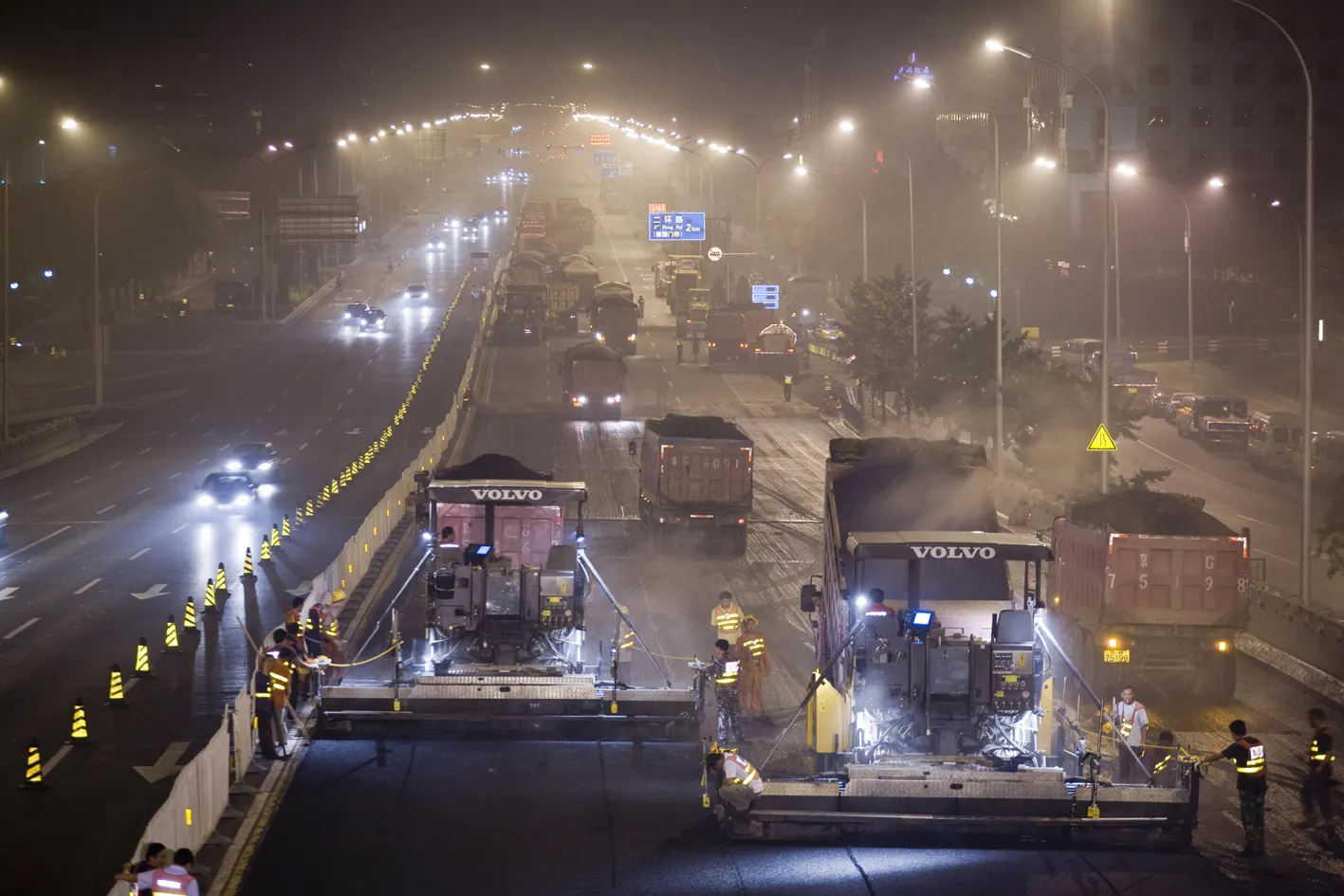The Spanish Road Association (AEC) has revealed its concern over the state of the country’s road signage. The AEC carries out an audit of the Spanish road network every two years and its data shows that 26% of the country’s road signs do not meet safety requirements. According to the research 26% of the road signs are over 10 years old and no longer have sufficient reflective properties to provide sufficient visibility at night or in low light conditions caused by poor weather. The AEC’s audit also shows th
October 21, 2013
Read time: 2 mins
The 2392 Spanish Road Association (AEC) has revealed its concern over the state of the country’s road signage. The AEC carries out an audit of the Spanish road network every two years and its data shows that 26% of the country’s road signs do not meet safety requirements. According to the research 26% of the road signs are over 10 years old and no longer have sufficient reflective properties to provide sufficient visibility at night or in low light conditions caused by poor weather. The AEC’s audit also shows that over 13% of Spanish road signs are more than 15 years old and will have been designed to earlier standards. Over 37% of the country’s road signs are more than seven years old, the average design life of the reflective materials used in their manufacture. Going by the audit, the AEC estimates that Spain need to replace 350,000 road signs. The study was carried out by 12 specialists working for the AEC.







